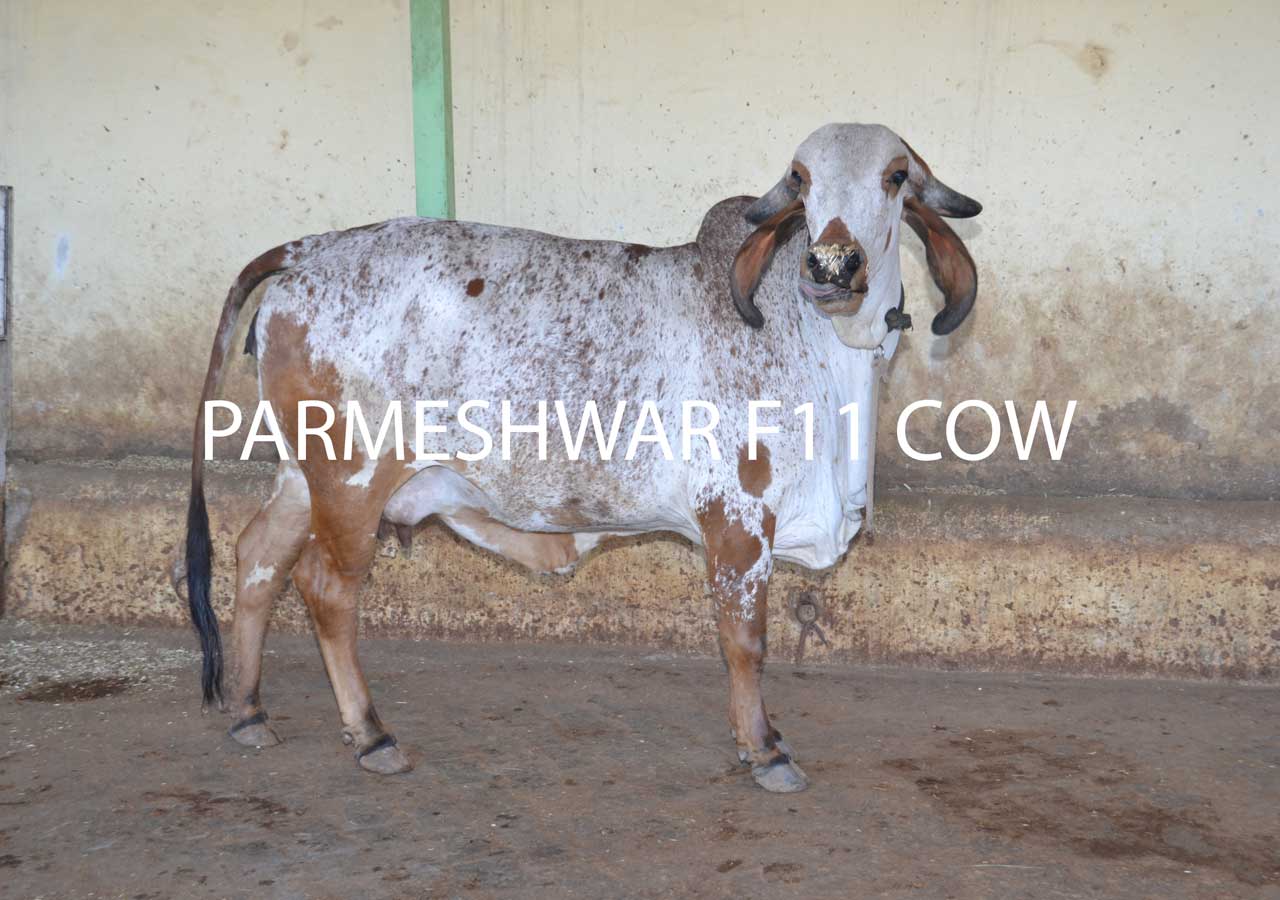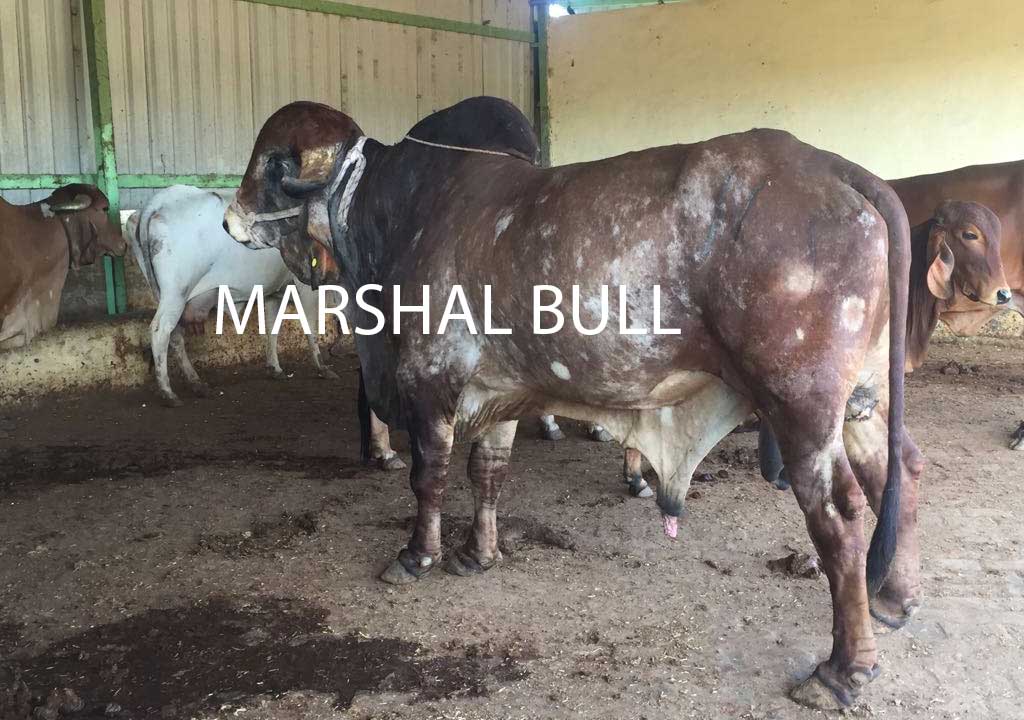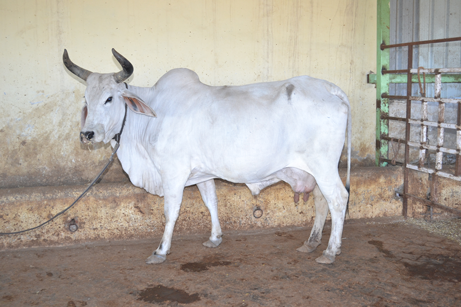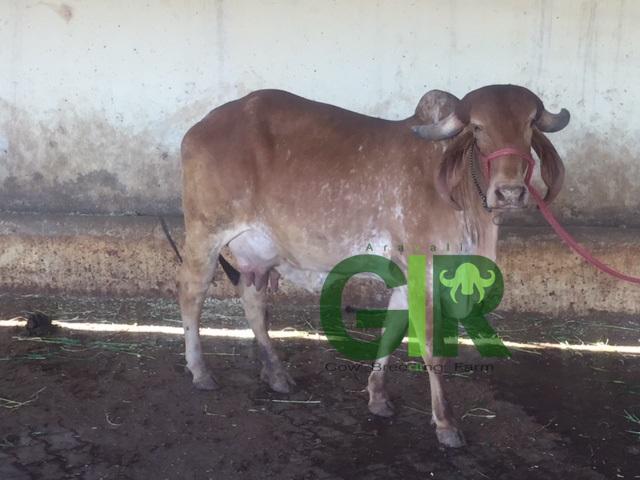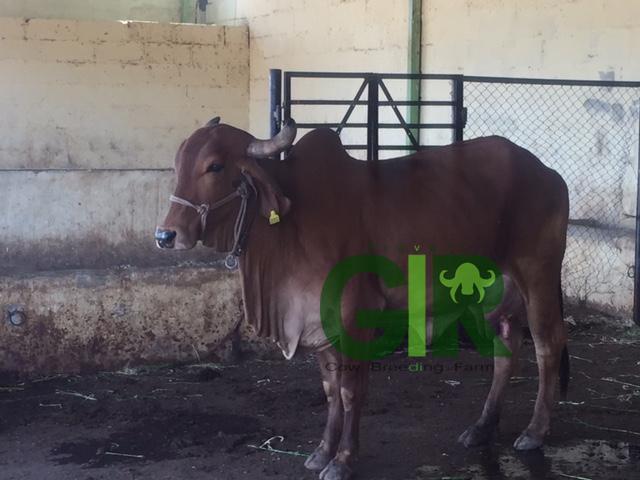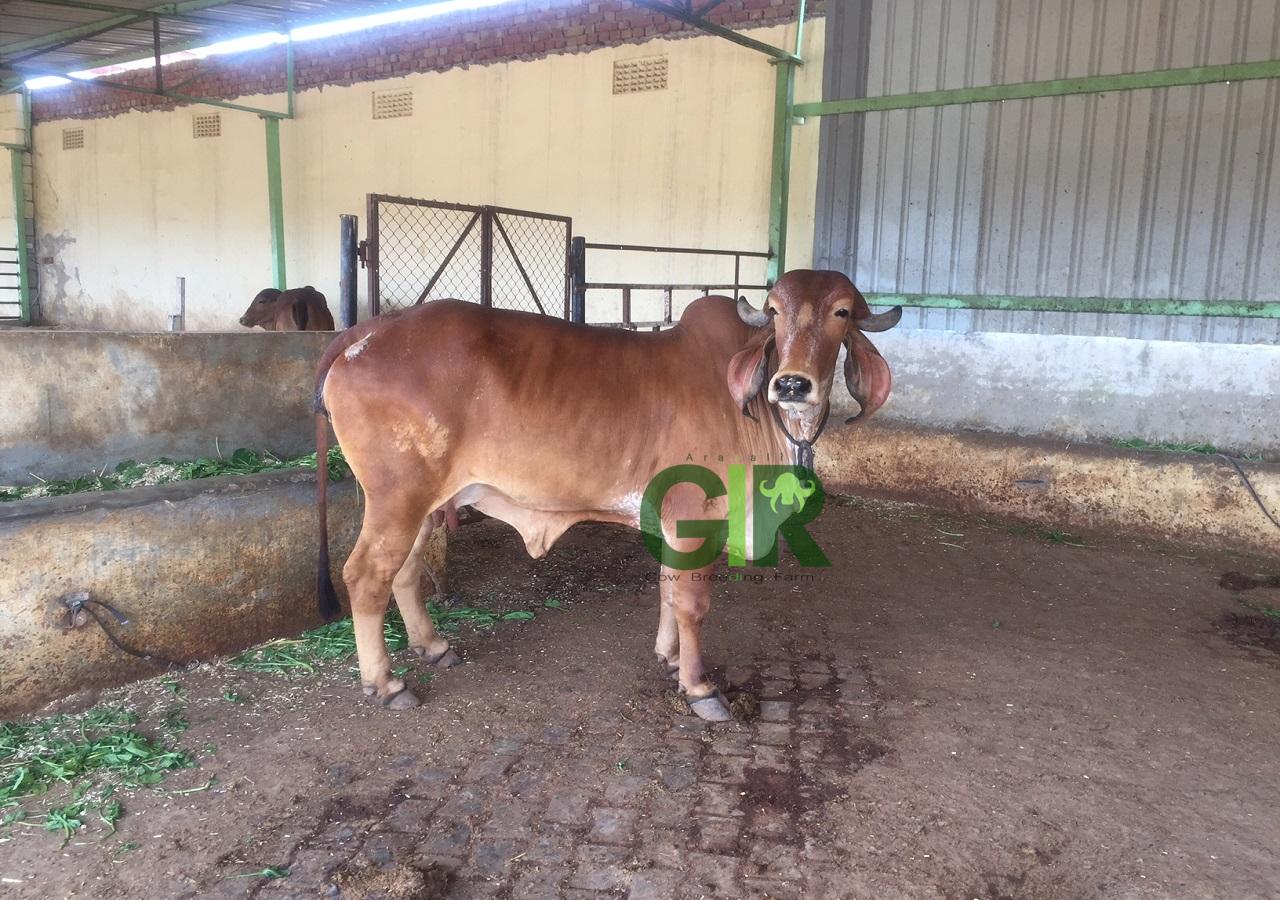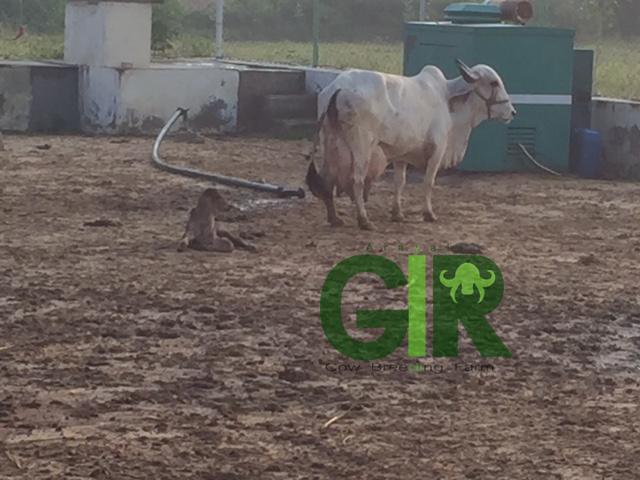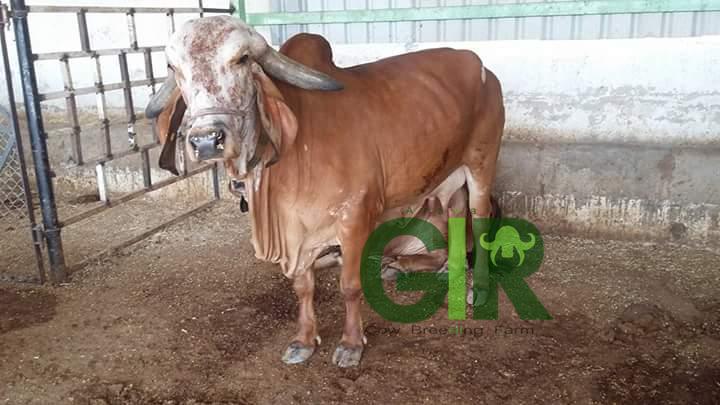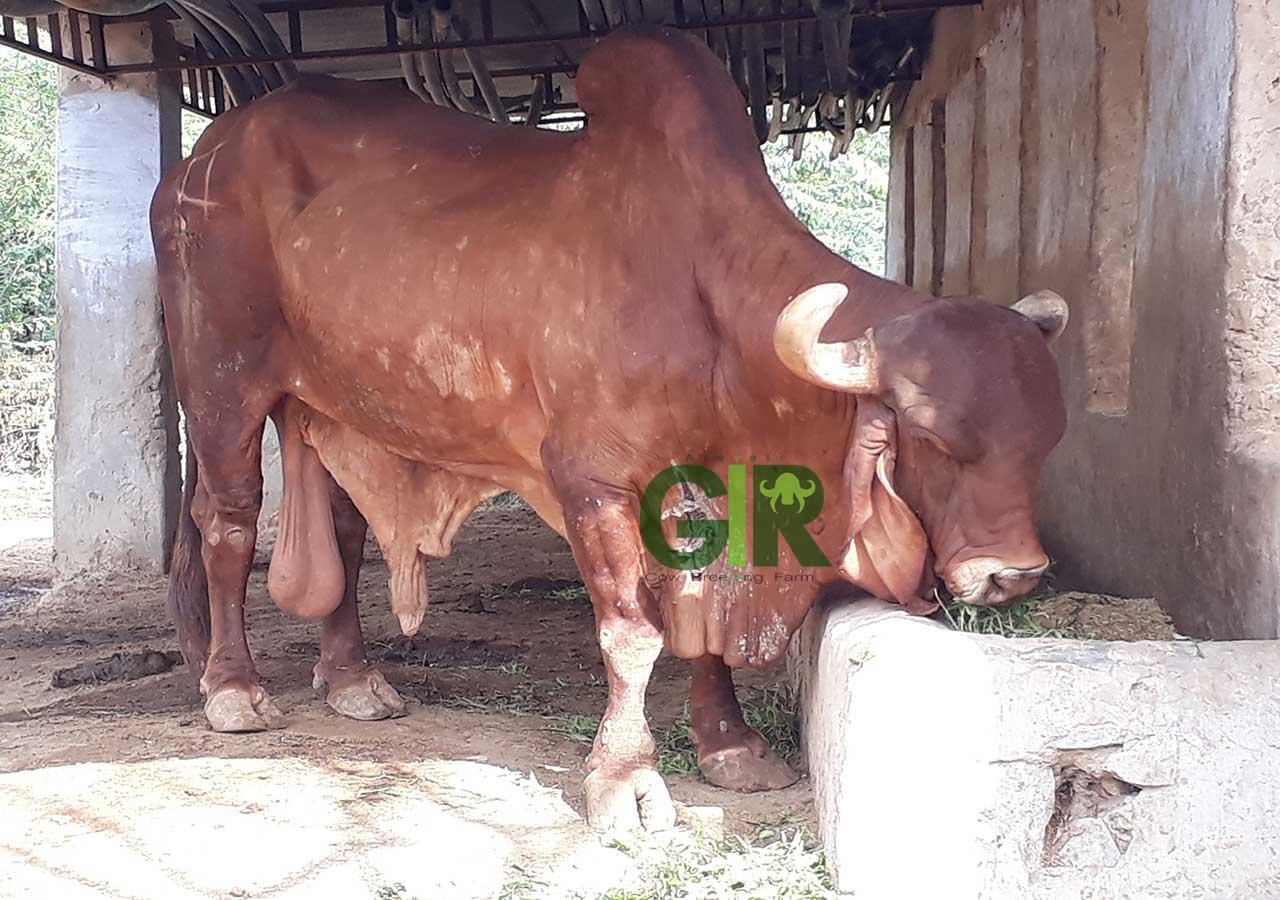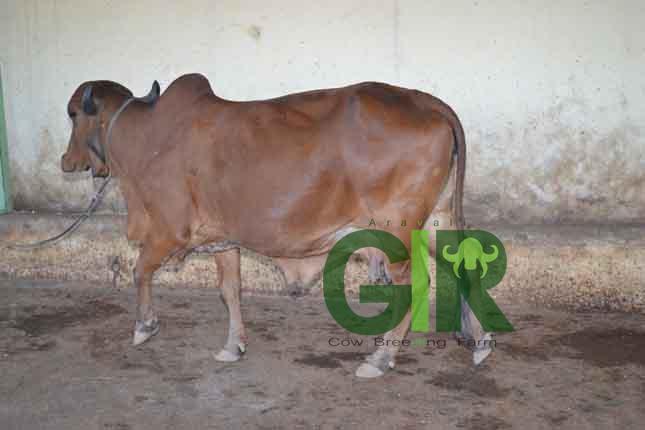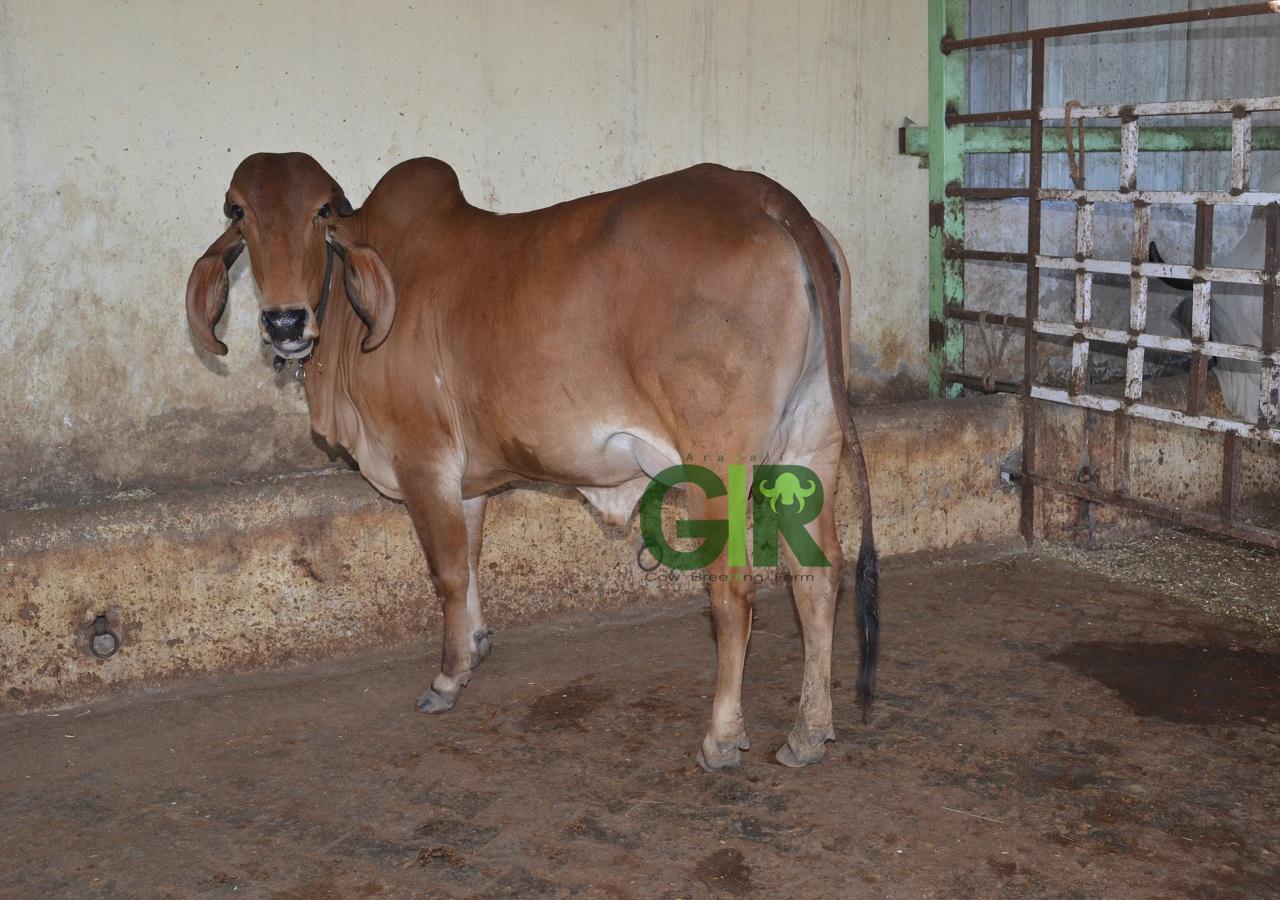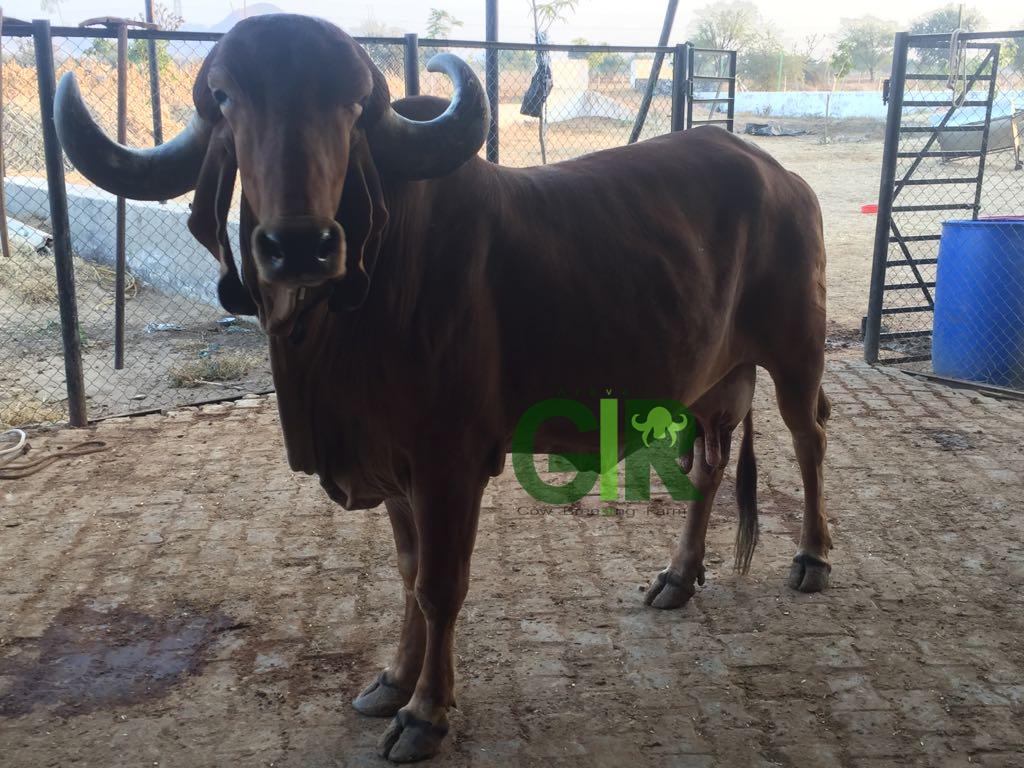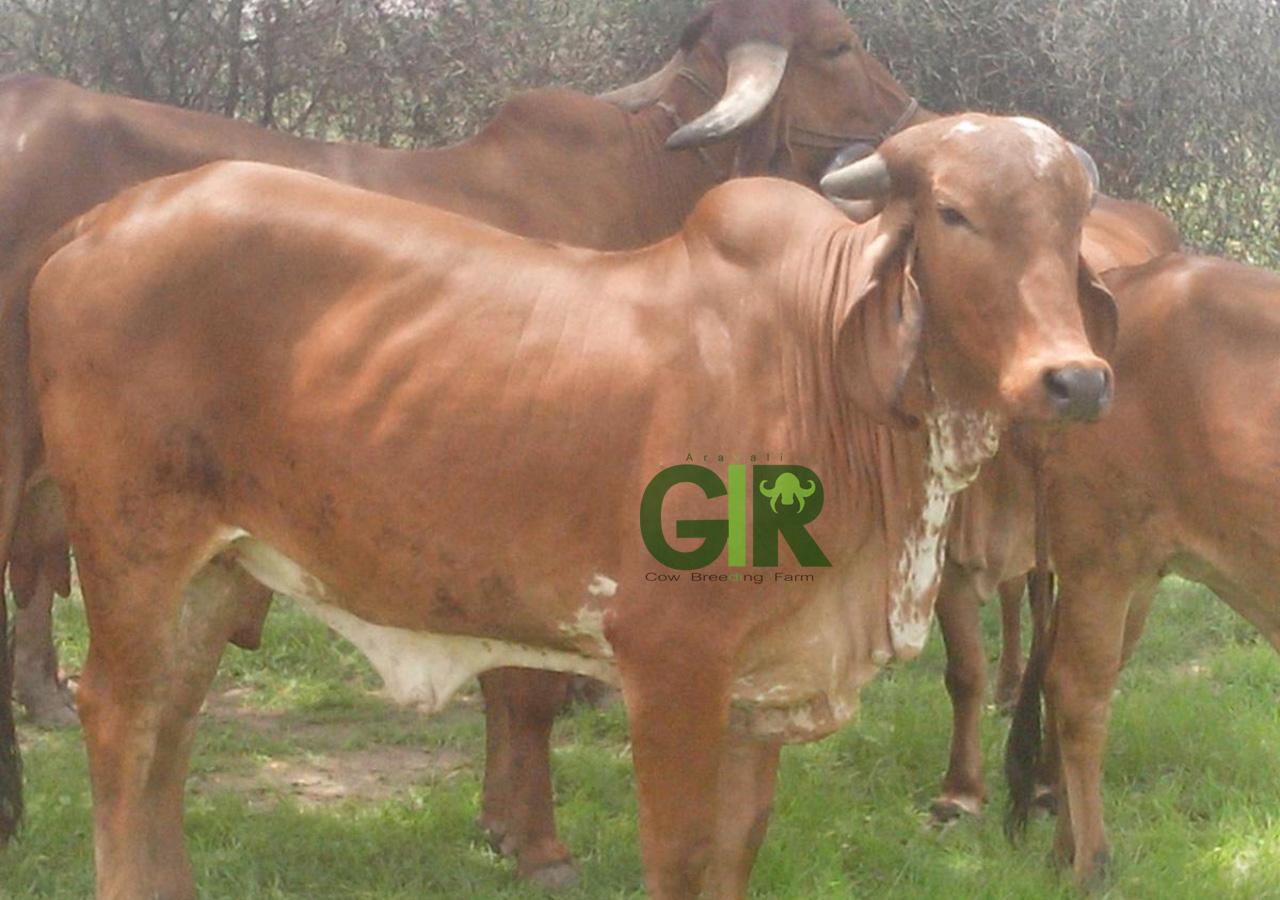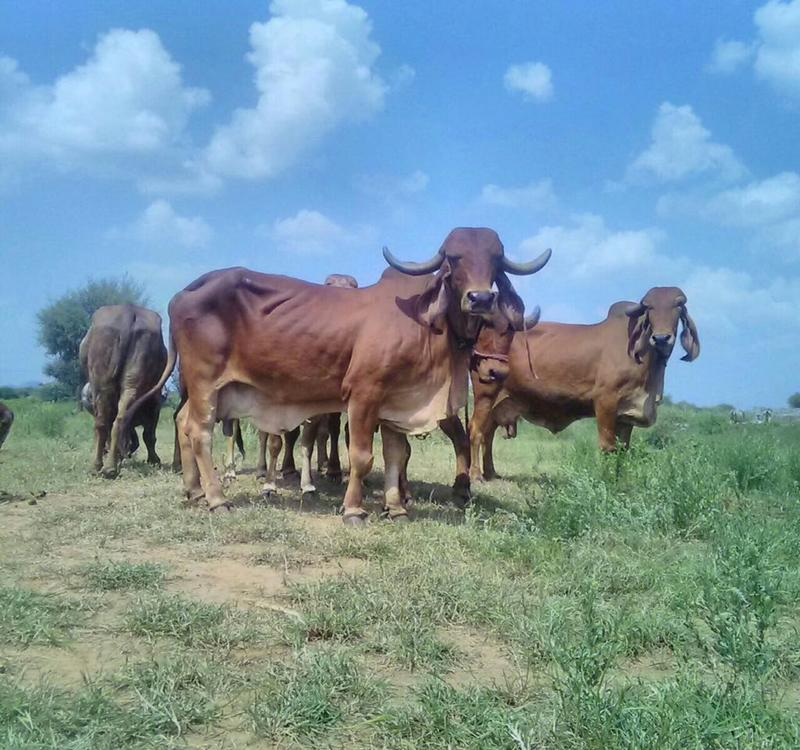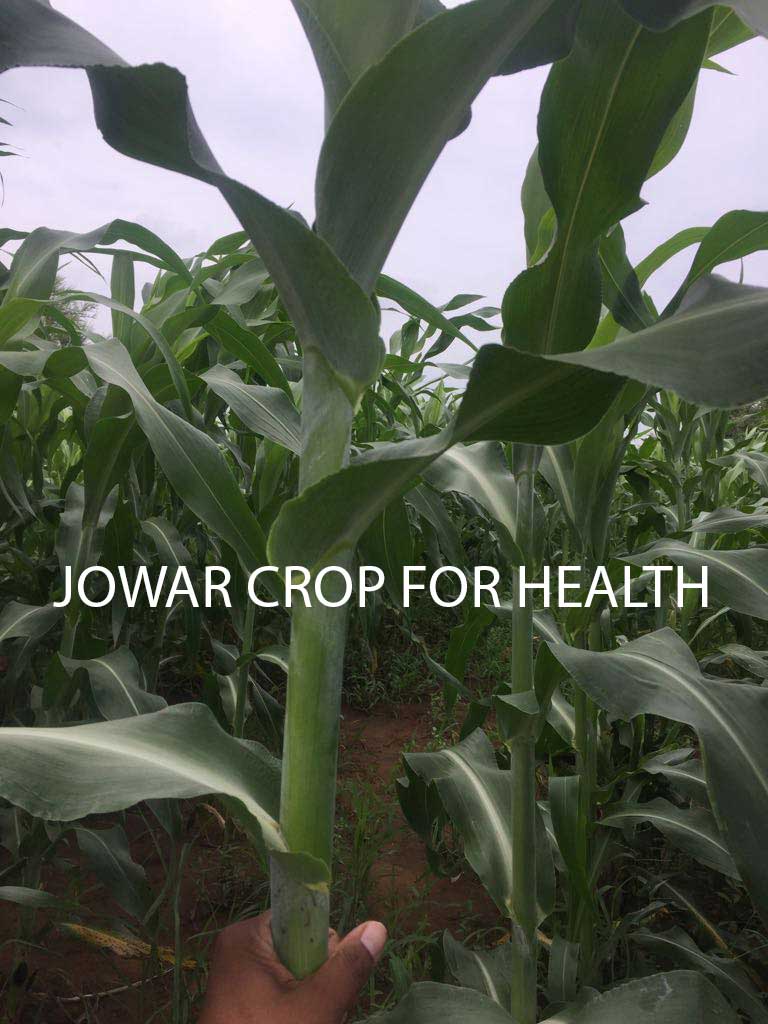
Most dairy farmers work with nutritionists to create a feed ration (recipe) that is best suited for their cows. High quality feed is important for a cow’s health and milk production. Dairy farmers and herd nutritionists aim for 50-60% of the diet as fodder. Fodder is simply plants that are consumed mainly by, like grass or plants like ‘moringa’. For proper health care of cows we should maintain their diet in traditional way and should avoid modern artificial diet. There are two groups of fodder, wet and dry. For high protein, iron and minerals we have to provide green grass to cows and for supplement of starch ‘makkai’ (Indian local name of a type fodder) is effective fodder, in summer glucose supplement can be provide by giving cows ‘Jwar’ (Indian local name of a type fodder) fodder. Using natural seeds for crops like ‘jhinnjhua’ grass provide high protein and reduce the requirement of dry fodder by 50%. We can provide ‘moringa’ leave from ‘moringa’ plant to serve minerals requirement to cows. Aloe vera and natural ‘Gond’ provide good protein and make strong the bones. Avoiding fat in supplement is keep cows healthier. For Nandi cow providing ‘til ladoo’ ‘gond ladoo’ help to increase their fertility. Giving carrot to cows is good for high quality semen. In summer turmeric milk of cow should provide to Nandi cow for good fertility. Following traditional way of diet plan fulfill all require nutritions and also increase fertility so pregnancy can be achieve in cows at first attempt.
Carbohydrates:
Primary sources: barley, corn, oats, wheat, molasses, beet pulp, and soy hulls. Most dairy farmers grow their own barley, corn, oats, and wheat and will often process these grains to be fed to the cows. Molasses, beet pulp and soy hulls are purchased from a feed mill. Not all of these carbohydrate sources are used as other sources are needed to complement the forage to meet the nutritional requirements of the cows.
Protein:
Primary sources: canola meal, distillers grains, soybean meal, and corn gluten meal.
Fat:
Primary sources: vegetable oil, tallow, and protected fatty acids.
Minerals and Vitamins:
Primary sources: Calcium, Phosphorus, Magnesium, Sodium, Chloride, Potassium, Sulfur, Iron, Zinc, Manganese, Copper, Cobalt, Iodine, Selenium, Vitamin A, D, E and some B-vitamins too. They are essential for the health and productivity of the cows and farmers and nutritionists will make sure all of these nutrients are balanced. Prebiotics and probiotics are also often used to help with digestion and as another way to ensure cows are healthy.










